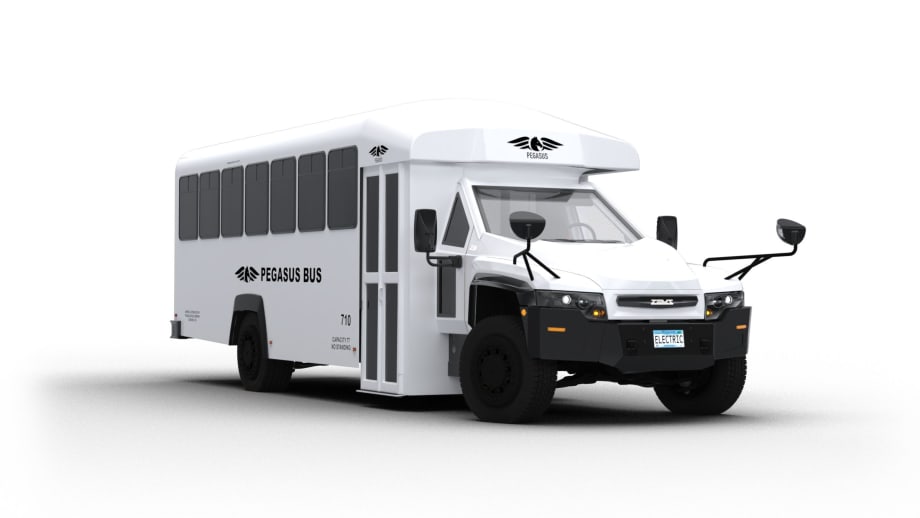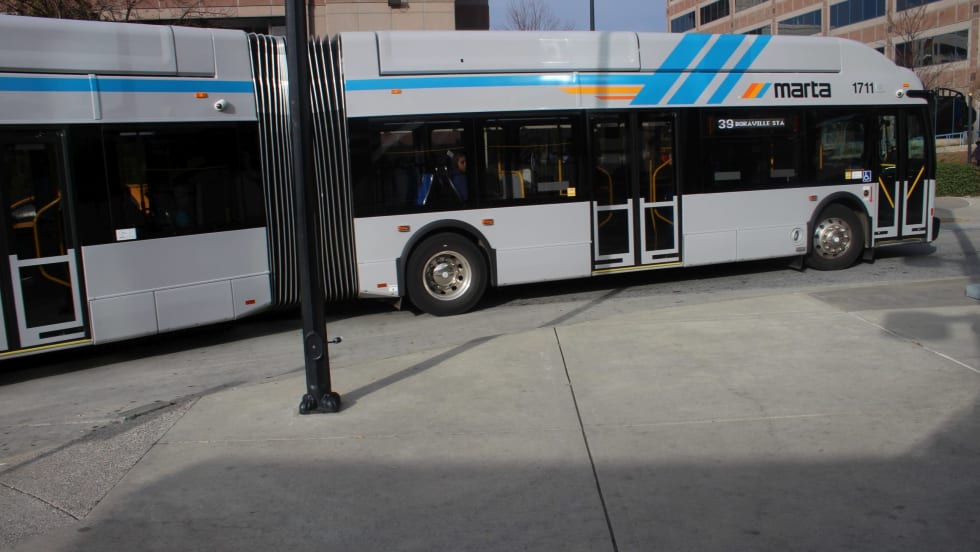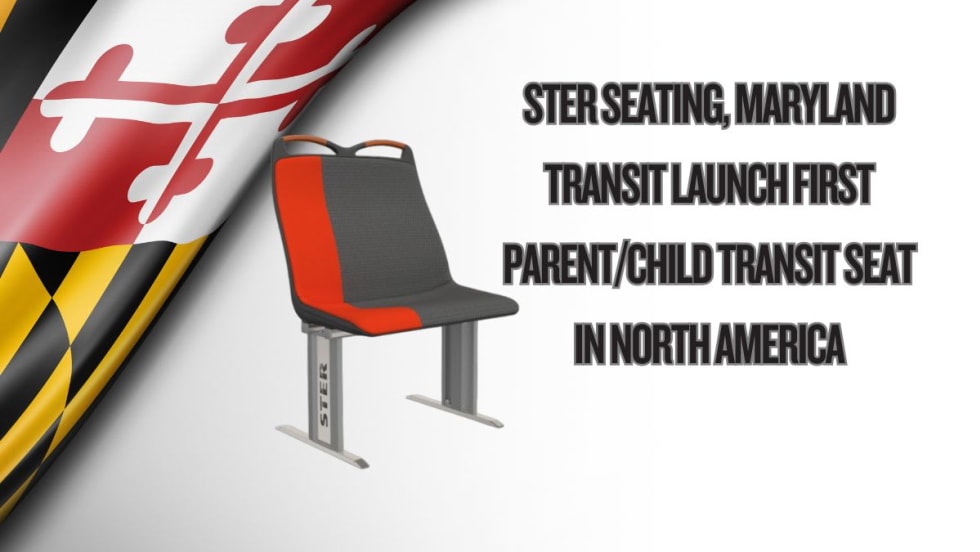Recently, Pegasus Bus Co., a Dunkirk, Ohio-based company spearheaded by veterans in the school and transit bus industries, announced its feature-rich Atlas bodies will be built for shuttle, paratransit, and Type A school buses on the Peterbilt 535 chassis, and for shuttle, paratransit, and Type C school buses on the Peterbilt 536 and 537 chassis.
“Adding these Peterbilt chassis to our lineup really enables us to provide a number of different-sized vehicles without changing our body and construction much,” explains Brian Barrington, president of Pegasus Specialty Vehicles. “We think combined with our Zeus product, this partnership really opens new opportunities in new markets for us in terms of where we can go, what we can do, and who we can serve. It also gives our dealers another line of vehicles to sell and some of them don't have anything like the sizes we can offer in this space.”
Barrington adds the Peterbilt chassis will be the first new chassis introduced on the market in more than 20 years.
“Everybody has been building on the Freightliner, Ford, or Chevrolet chassis for years, so it’s exciting to bring something new to the market,” he says. “Offering the Peterbilt chassis will also enable operators to have access to Peterbilt’s service and dealer networks as well.”
Atlas Features
With its galvanized steel cage construction; aluminum skins; and one-piece, five-eighth-inch corrosion-resistant composite floor, the Pegasus Atlas is designed with durability and functionality in mind. Pegasus officials say that while other bus manufacturers regularly compromise by using traditional plywood floors and invite rot and corrosion by bolting seats directly to and through them, the Atlas’ seats are track-mounted to the vehicle’s waterproof polymer floor. Because there are no wheel wells on the Atlas, the seats can be fully adjustable, providing users with greater flexibility. Seats from IMMI come with lap belt restraints standard, and seats with three-point restraints are optional.
The Atlas body’s 92-inch width allows for 14-inch-wide aisles, promoting easier maneuverability for passengers and drivers. The Atlas’ 75-inch standard ceiling height can also be extended to 78 inches if desired.
The 34-inch-wide by 88-inch-tall entrance doors of the Pegasus Atlas are electronically controlled. The entrance door’s push-button operation reduces a driver’s exposure to the fatigue and the type of shoulder and arm strains often associated with repetitive manual door operation. Step wells are fully clad in stainless steel with diamond tread for superior traction.
Advanced LED interior and exterior lighting is standard on the Atlas, reducing the possibility of lighting failures and the need to replace lamps. The vehicles also come with a full conspicuity tape package already applied. Windows come tinted with black frames standard, keeping bus interiors cooler and more comfortable and giving the vehicle’s exterior a clean finish.
Forging Ahead
The Atlas news comes on the heels of other significant announcements from Pegasus. The company recently placed its first order with Zeus Electric Chassis. Pegasus will use the Zeus Z-19 Power Platform to deliver shuttle and paratransit buses they say will be categorically different from any gas or diesel conversions available today. The ground-up design of the Zeus Z-19 cab and chassis is purpose-built and optimized for bus body installation and system integration.
Barrington says that because of its durable body, Pegasus plans on heavily marketing the vehicle in areas where operators are looking for a bus that is a bit sturdier.
“Our bus has a body that is a little more robust than some others out there, so it’s going to take a ton of abuse and keep working optimally for operators,” he says. “Because of that, this vehicle is ideal for operations where there is snow and severe types of weather in their region, or for those who typically have high mileage duty cycles.”
When asked how it feels to bring new vehicle offerings to the market amidst supplier consolidation and supply chain issues caused by COVID, Barrington says it was in fact the consolidation of brands that influenced Pegasus’ decision.
“Honestly, all the consolidation is what led us to really start this, because it just seemed like it was the right time to bring something new to the market,” says Barrington. “With the Peterbilt and Zeus offerings, our company will now not be tied in to building on the usual chassis. That said, we’re going to continue to build on Chevrolet, Ford, and any other chassis that are available on the market as long as we continue to build something the industry wants.”
Barrington says the new Atlas will be available to the school bus market in November, with perhaps both the Atlas and Zeus paratransit and shuttle offerings being available in early 2023.
To sell its Atlas and Zeus offerings, Pegasus recently forged an agreement with Creative Bus Sales. With 23 locations in the U.S., the deal with Creative Bus Sales will enable Pegasus to capture opportunities and win a portion of the abundant federal and state grant money incentivizing rapid electric-bus adoption, according to the company.
With the addition of new Pegasus buses built on the Peterbilt 535, 536, and 537 chassis; Creative Bus Sales’ nationwide distribution footprint and deep market penetration; and the unique diesel, natural gas, and electric bus offerings from Pegasus, Barrington says the company is well positioned now to compete.
“Our agreement with Creative Bus Sales is key because it will make our vehicles available just about everywhere anybody would want them,” he explains. “If you look at our dealer network, we have the U.S. covered and that network extends all the way through Canada, as well as into the Caribbean and South Pacific.”














